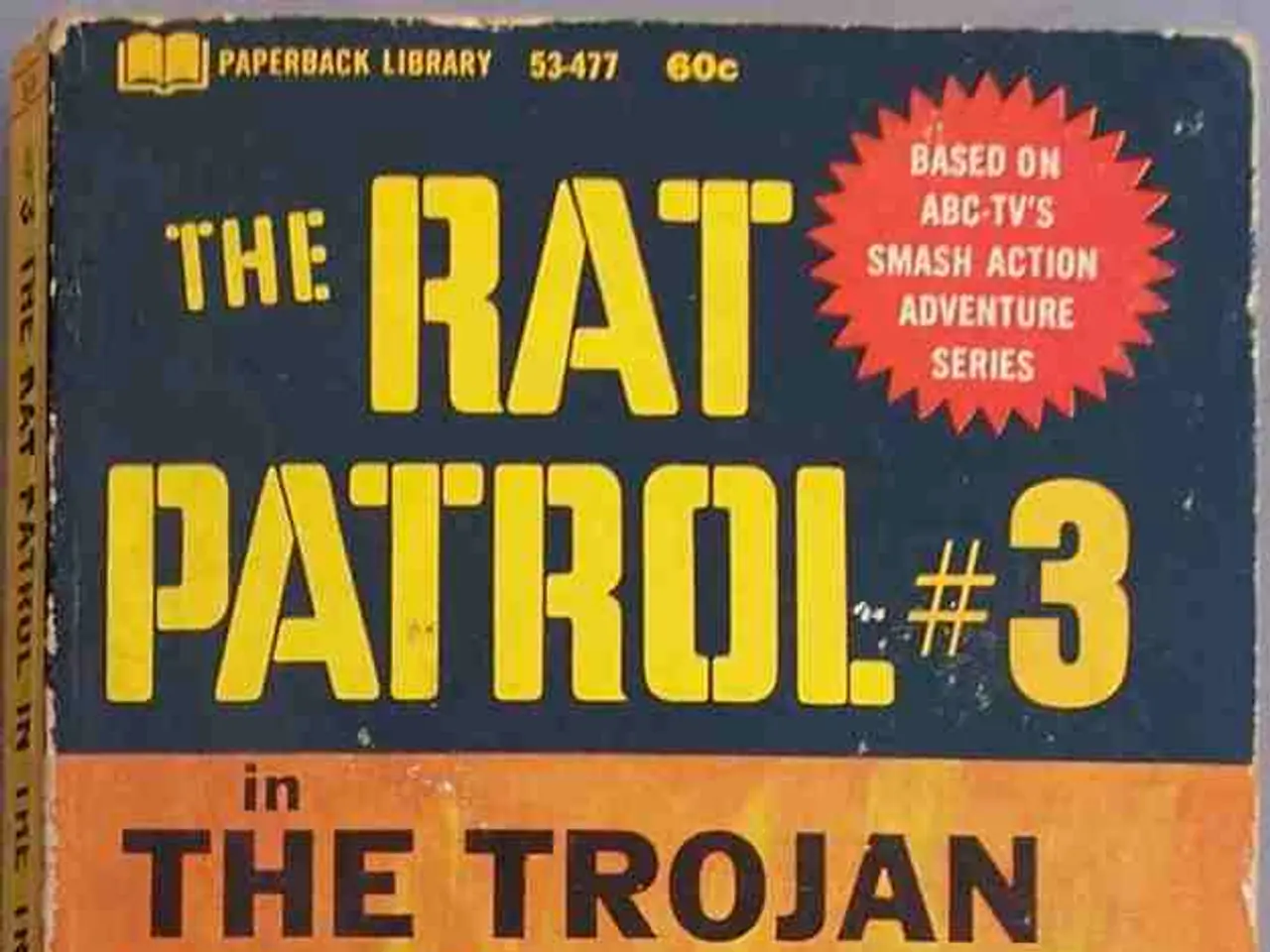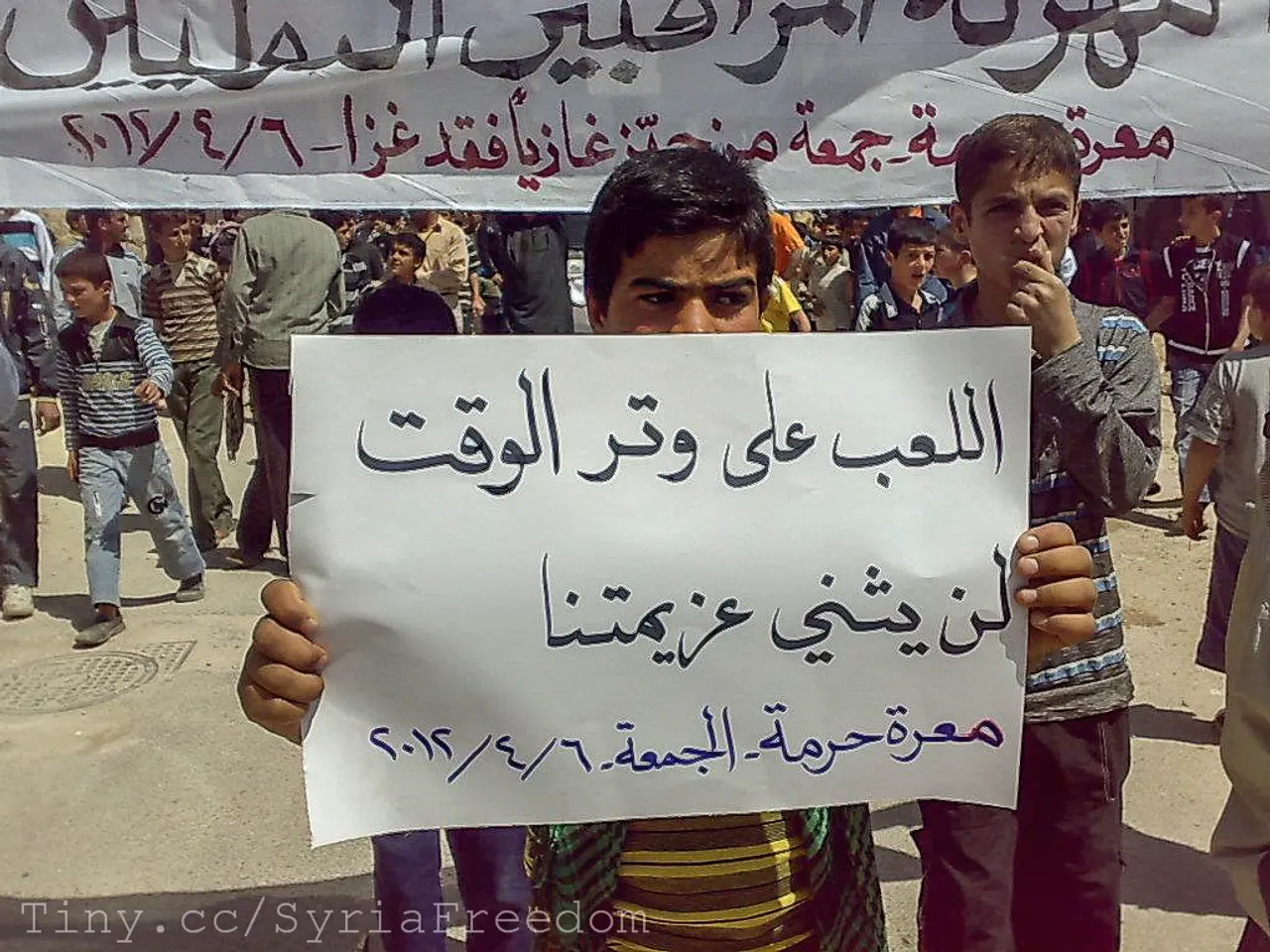Judgment Maintained: Sochi Resident Found Guilty of Tarnishing Russian Military's Reputation Online
In a recent ruling, an appellate court in Russia has found Aleksei Shchus, a resident of Sochi, guilty of disseminating false information that defames the Russian army. The guilty verdict, which upholds a previous ruling, comes as part of a broader crackdown on information contrary to the official military narrative.
The court press service stated that Shchus was found guilty of spreading deliberately false information and discrediting the Armed Forces of the Russian Federation. The alleged incidents of violence and torture by Russian servicemen against Ukrainian citizens, as claimed by Shchus, were officially refuted by the Ministry of Defense of the Russian Federation.
The conviction of Shchus is in line with a series of laws that criminalize the dissemination of information that contradicts the official government or Ministry of Defense narrative. Since the full-scale invasion of Ukraine in February 2022, Russia has adopted legislation criminalizing "discrediting the armed forces" and imposed military censorship over information flows.
These regulatory mechanisms include laws criminalizing the dissemination of so-called "deliberately false information" about state powers, including the Armed Forces, supported by recent federal laws to protect state bodies from such information. Military censorship, officially acknowledged by Kremlin press secretary Dmitry Peskov, targets media and journalists who publish content contradicting the Ministry of Defense’s official version.
Broad internet censorship is also enforced via Roskomnadzor with laws restricting free expression online, supported by technological infrastructure such as the SORM system for monitoring communications and the "sovereign internet" law requiring ISPs to implement state-controlled countermeasures.
The court imposed an additional restriction on Shchus, banning him from administering websites for a period of 3 years. The sentence for Shchus is 5 years and 6 months in a general-regime colony.
Shchus' trial revealed that he had disseminated slanderous information about alleged incidents of violence and torture by Russian servicemen against Ukrainian citizens in the zone of the special military operation. The false information concerned the activities of the Russian Armed Forces.
The conviction of Aleksei Shchus underscores the ongoing efforts by the Russian government to control information, particularly regarding its military actions in Ukraine. Independent journalists and dissenting voices like Shchus face legal pressures or forced emigration for violating these laws, given the Kremlin's stance on military censorship and information control during the Ukraine conflict.
War-and-conflicts and politics intertwine as Russia's appellate court finds Aleksei Shchus guilty of disseminating false information, targeting the Russian army, in line with the government's crackdown on dissenting narratives. General-news and crime-and-justice collide as Shchus' conviction, involving slanderous information about Russian servicemen's alleged violence against Ukrainian citizens, has resulted in a 5-year and 6-month prison term and a ban on website administration.








